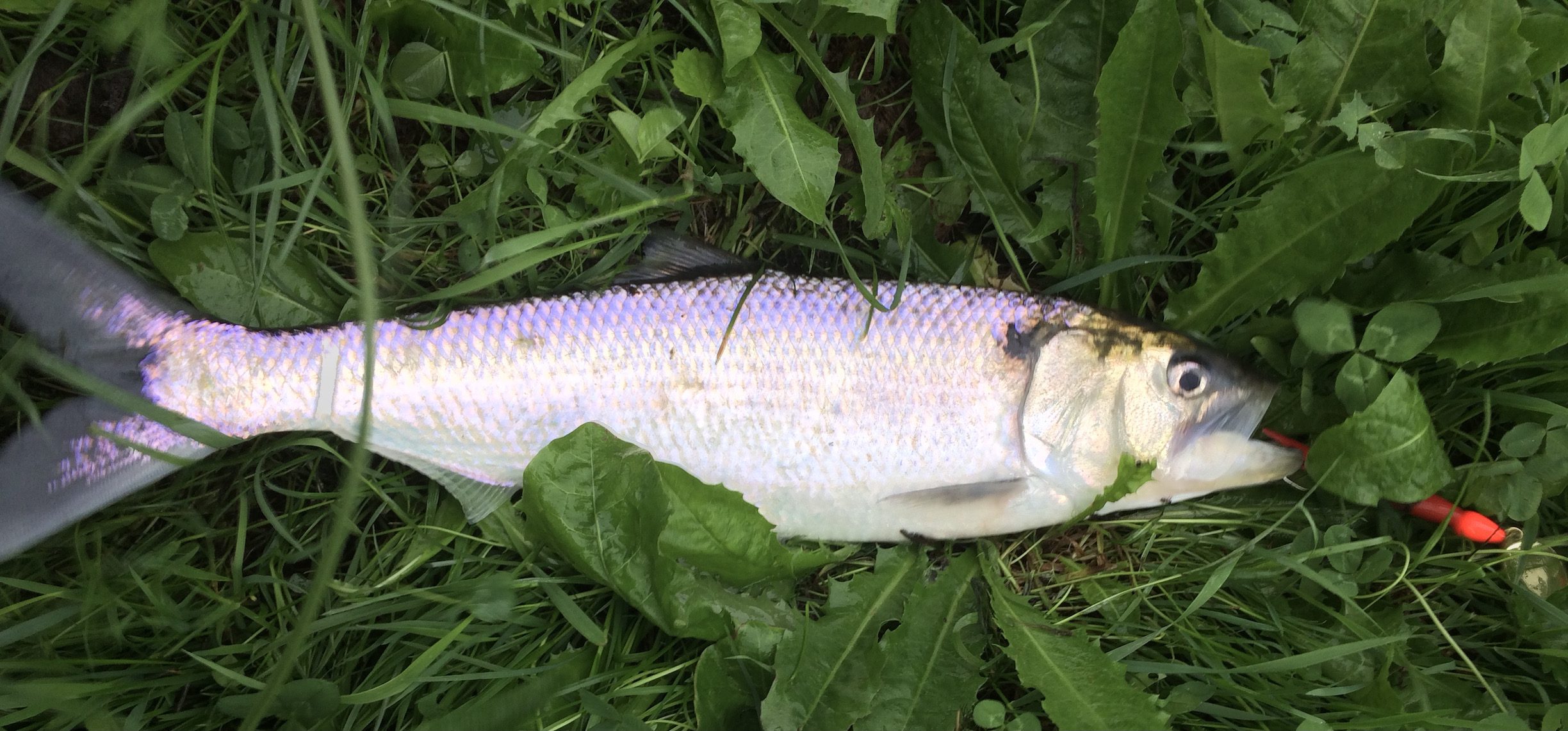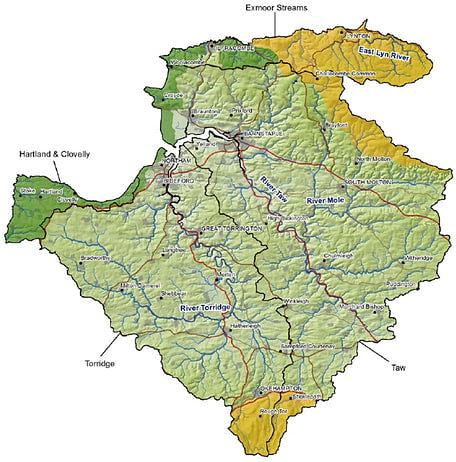Chairman’s Report
Our AGM will be on the 31st of March at the Highbullen Hotel. We have a speaker from the Environment Agency called Harry Chance. Harry is an Agricultural Regulatory Inspection Officer and will update us on the greater level of enforcement that was first trialed on the Axe and is coming to the Taw.
We are running our annual auction online this year. The link is at the bottom of this piece which can be forwarded to as many people in your network as you feel might be interested. Chris Taylor, as ever, is rounding up auction lots. If you would be willing to donate, be it fishing, stalking, other experieces or equipment, then do email Christopher Taylor ([email protected]) or me ([email protected]). We will continue to add lots and run the end date through into mid April.
We have started the new season with a bang with around 20 fish caught on the lower beats, mainly kelt on the Barnstaple & District Angling Association water. Wisely, they immediately asked members not to spin and then brought in a voluntary cessation of fishing until the next large tide that should carry these valuable fish safely out to sea. I have checked with other rivers and these unusually high numbers have not been replicated elsewhere. They equate to a lot of eggs in our river and will only represent a proportion of the total spawning fish. This gives us some reason for optimism. Any angler who does catch a kelt should take particular care in returning this valuable fish to the water.

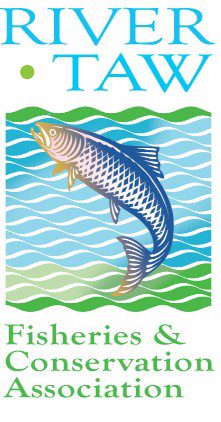
We hope the weather is an improvement on the 2022 season. Last year we had a promising start with several early fish caught. The rain then stopped and the summer and early autumn were a complete right-off. Our final figures were a miserable 53 salmon and 83 seatrout. The one lesson is to put in the effort when the conditions are right. Those lucky enough to fish the lower river did have sport in periods the water was cool enough to fish.
The Committee has been working away behind the scenes on protecting the ecology of our catchment. The toughest job was working with Fish Legal on a private prosecution. Alex Gibson coordinated this and his report is in this Newsletter.
There are rapidly increasing numbers of shad spawning in our river, most likely the result of the weir removals assisting their migration. We contacted various researchers through Jo Madden (Upper Taw Representative). An article on this fresh-water breeding herring can be read elsewhere in this Newsletter.
Over the years we have improved access over our weirs, bought out the estuary salmon nets, succesfully lobbied IFCA to ban other estuary netting, monitored fish numbers through fry surveys and beat surveys, collaborated with South West Rivers Association on various lobbying activities, cleaned compacted and silted gravels to assist with spawning, sued polluters and those that damage the ecology of our river and brought a multitude of other benefits. The two major causes of damage we continue to battle are sewage treatment works and poor farming practices. We can’t change these alone and so view collaboration as a necessary strategy. The North Devon Biosphere have a Catchment Partnership and Ian Blewett has a seat at that table as outlined in his article in this Newsletter. A major step forward will be in-river water monitors that have been trialled in the Umber and are now to be introduced in the Little Dart.
William Martin has just completed a new website for us. It will allow greater flexibility, easier communications – such as this email – and also online auctions. Bryan Martin has ably managed our previous website for which we are grateful and will continue to assist with the new one. The new model allows other officers to have direct access alongside Bryan.
Andy Gray
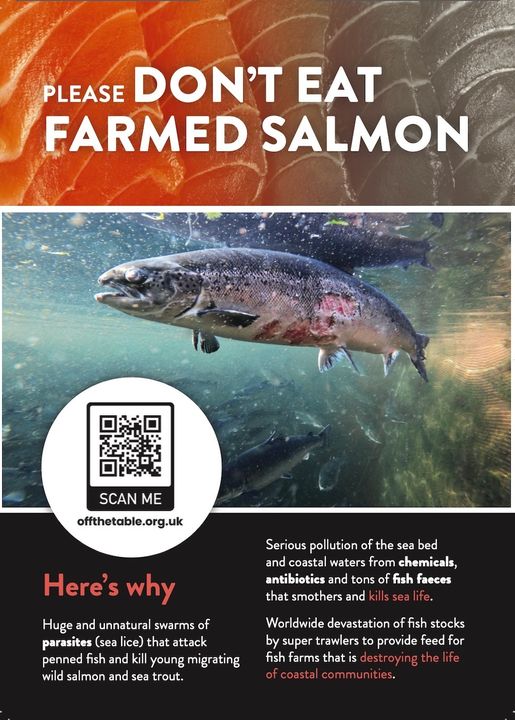
The Mole Pollution Incident
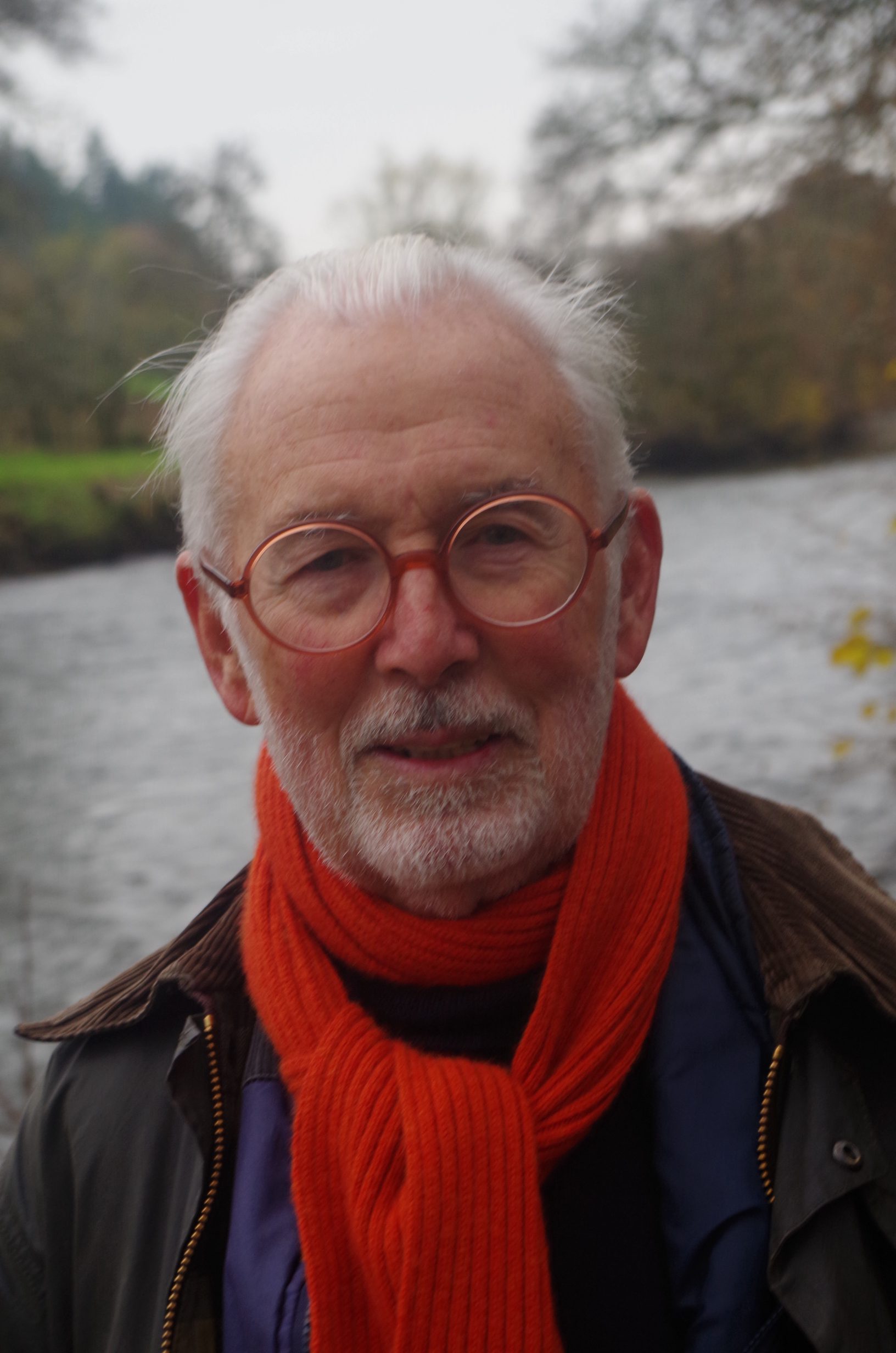
The Mole pollution incident has been extensively covered in
our website over the last 2 ½ years. Now that the legal processes have run their course, I have been asked to write a concluding article. We should remember though that the effect of so many of our fish being killed will be felt in our salmon, sea trout and brown trout fish stocks into the future.
Sadly we have become used to the drip by drip deterioration
in the water quality of our river caused to a great extent by the bad practice of farmers and our water company, South West Water, this despite extensive campaigning efforts for improved regulation and enforcement. There was always a feeling though that a major catastrophe could be around the corner.
I was Chairman when I received a call from the EA on the
morning of 1 August 2020 telling me that there had been a major fish kill incident, Category 1 in EA terminology, as a result of anaerobic digestate used as a fertiliser getting into the Mole in large quantities. For reasons of continuity I stayed involved until all the legal loose ends were finally tied up towards the end of last year.
An estimated 15,600 fish in a 5km stretch of the Mole were
killed, from above the link road to the junction of the Molland Yeo where fortunately sufficient dilution took place. This stretch is an important spawning and juvenile area for the river. The salmonids actually counted by the EA were: 315 salmon parr, 1,155 salmon fry, 14 adult sea trout, 1,127 adult brown trout, 328 brown trout parr and 1,222 brown trout fry. Although no adult salmon were killed the loss of three generations of juvenile salmon will be felt for years to come. The same situation applies to the sea trout killed and to the unknown number of juvenile brown trout killed that would have migrated to sea as sea trout.
The EA mounted a successful criminal prosecution of Alun
Sing’s company and one of his employees. The total fine was £2,667, an amount viewed as derisory by those concerned with the health of the river. The proceeds went of course to the Treasury not to the river. With the criminal prosecution out of the way it was open to us to mount a private action for damages. It turned out that amongst all the riparian owners below the polluted stretch on the Mole and on the Lower Taw only five RTFCA members, a
disappointing number, could be identified as members of Fish Legal. These five, acting as claimants, engaged Fish Legal and after a long, drawn-out legal process compensation of £18,000 was paid. Each of the five claimants agreed that the proceeds should go to the Westcountry Rivers Trust for river improvement work on the Mole and this has now happened.
What lessons can be learned?
Taking legal action in relation to river pollution is a
time-consuming and expensive business which requires specialist skills. This we found out through working alongside Fish Legal and through the excellent efforts of Justin Neal, Fish Legal Solicitor. I do urge riparian owners to protect their own and the river’s interests by becoming members of Fish Legal, thereby in effect insuring against the costs of legal action and making legal action affordable.
Those who pollute our river should be held to account and
pressure needs to be brought to bear on the EA to prosecute Category 1 and where possible Category 2 incidents.
Criminal prosecutions do have a deterrent effect. It is therefore important to decline offers under enforcement undertakings as RTFCA did in this case. By using the enforcement undertaking arrangement and offering money direct to the affected party the polluter seeks to avoid a criminal prosecution. It is important to note that after a criminal prosecution there remains the option, as in this case, of bringing a private action with proceeds going to river improvement work. A successful criminal prosecution by the EA
increases the likelihood of a successful private action.
We will never eradicate all the threats that our river faces,
but we must do all we can to minimise them. This means that anglers should act as eyes and ears on the river and report pollution incidents to the EA via its hotline (0800 807060). It may seem dispiriting that individual cases are not followed up by the EA unless there is a fish kill, but action becomes more likely against the repeat offender if incidents continue to be reported and logged.
Three anaerobic digesters on our system are three too many. There
is always the threat of a major incident directly or indirectly connected to them. I would urge any member who hears of plans for others being built to bring that information to the attention of the RTFCA Committee so that a concerted campaign can be launched to nip such plans in the bud.
Fortunately major incidents are rare and I hope my successor, Andy Gray, has a smooth ride in this respect.
Alex Gibson
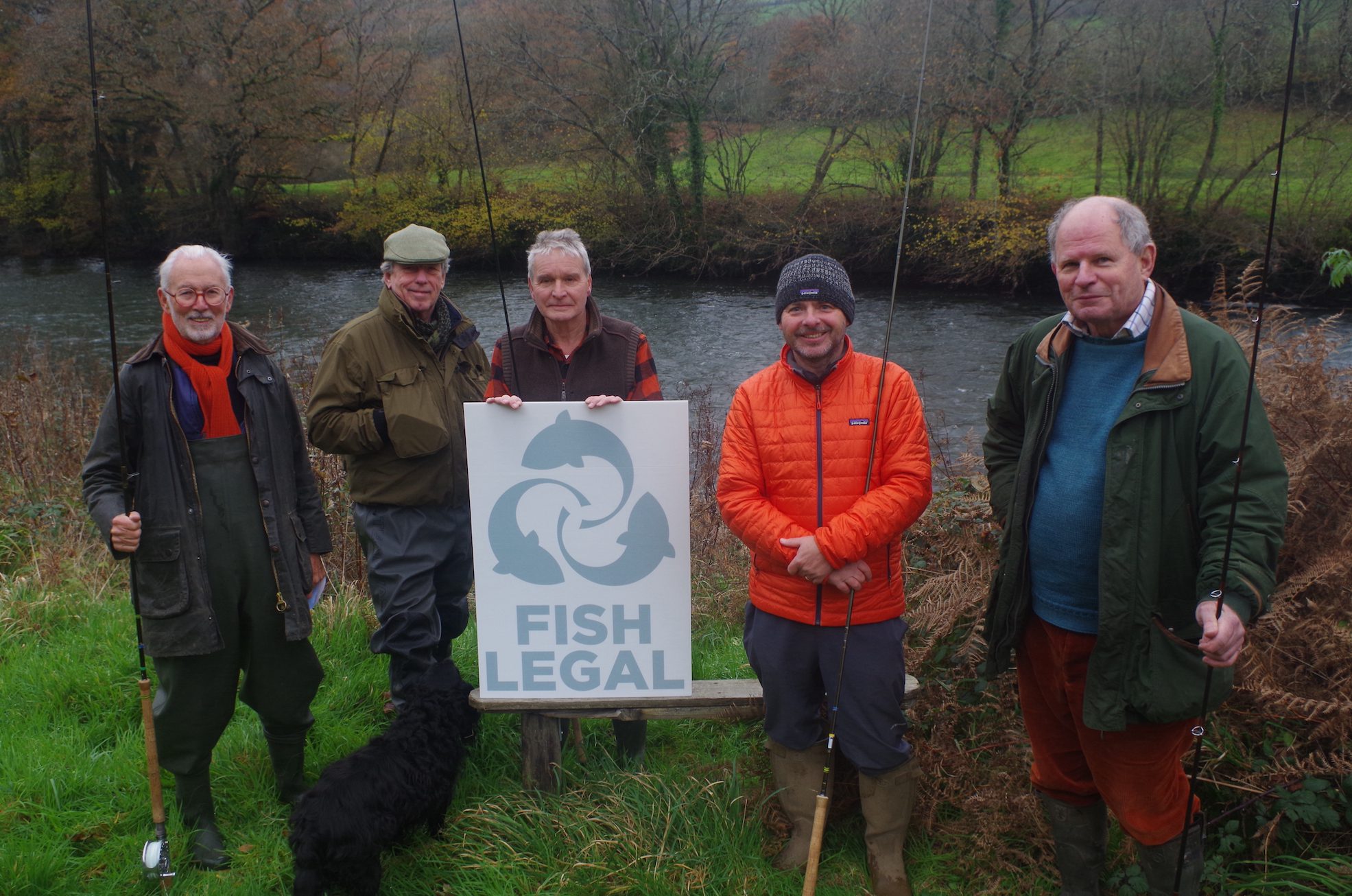
|
| CATCHMENT PARTNERSHIPS – THE WAY AHEAD
Many people will not have heard of Catchment Partnerships, CaBA is a community-led approach that engages people and groups from across communities, encompassing a variety of environmental interests at a local level to help improve our precious water environments. The idea is to do this to by addressing environmental issues at scale on a catchment basis. THE NORTH DEVON CATCHMENT PARTNERSHIP (NDCP) RTFCA is a member of the North Devon Catchment You will see that area includes all of the Taw and MEMBERSHIP OF NDCP In addition to RTFCA the following are members of NDCP: NDCP Priorities are: – action on on diffuse pollution from agriculture (improving or restoring water quality) – working with landowners to manage river banks – encouraging best practice in forestry to reduce sediment pollution removing barriers to fish passage – investigating the extent of sediment pollution in our river – tackling the tricky issue of non native invasive species
THE FUTURE We face a number of significant and daunting challenges to our river’s health and whilst we do our utmost to neutralise or mitigate the effects of the challenges that face us, the reality is that some are just too big in terms of scale and scope to grapple with. The Committee is of the view that we must adapt our approach if We have been welcomed as a valued member and have already been able to demonstrate our worth through our wide experience of raising funds and delivering environmental enhancements throughout the catchment. The NDCP priorities largely chime with We believe that making new alliances and partnerships will be key to success in the future. The NDCP will be central to that success and the early indications are that we as an organisation have a great deal to offer and will benefit from being part of this alliance. As the old saying goes – you have to be in it to win it.
Ian Blewett Secretary SOIL MINERAL NITROGEN SCHEME SAVES FARMERS MONEY AND REDUCES POLLUTION IN RIVERS A Soil Mineral Nitrogen (SMN) project in Devon delivered through Westcountry Rivers Trust (WRT) has helped farmers save money and reduce the pollutants going onto the land and into rivers. In 2022, we worked with farmers in the Otter catchment to review their likely nitrogen fertiliser application and how much these had been adjusted due to cost, before sharing the results of nitrogen tests, to allow further adjustments (up or down) to improve the efficient application of N. Over 425 hectares of conventional and organic land have been The results showe significant opportunities for reductions in nitrogen applications, with the majority from the arable fields. Total applications fell from 57,114kg N/ha to 49,521kg N/ha Based upon a nitrogen fertiliser costing £841/tn in July 2022, the savings equated to over £14K, with an average saving per field of £234. Arable savings were considerably more at £340/field, £148/field for forage and £113 for grassland, with one field’s savings over £1,350. These are unprecedented times in farming and costs of inputs are increasing, it is good to monitor efficiency across farming systems. A 7,593kg N/ha reduction in application is the equivalent The main driver for this SMN work has been to empower farmers to undertake the analysis (where appropriate), to help their on-farm efficiency. This leads to financial savings and an improved environment, including of course water quality in our rivers. Westcountry Rivers Trust (WRT) has been working with farmers The picture below shows an operator taking soil samples which can be tested for carbon, nitrogen, phosphorous and a variety of other elements. Yog Watkins Westcountry Rivers Trust
|

